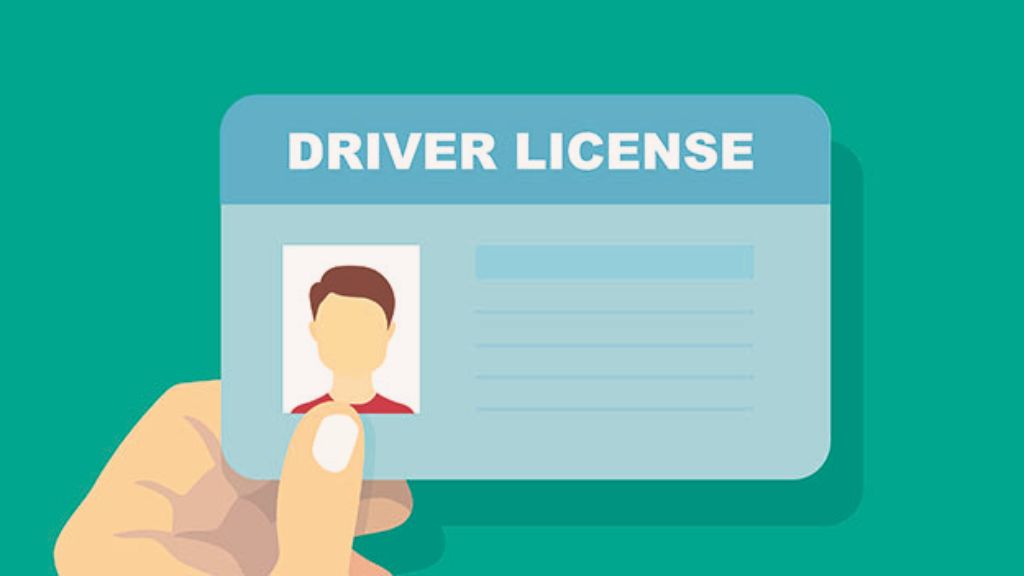Continuing education (CE) is a must for many professionals to keep their licenses active. This means taking classes, attending workshops, or completing online courses so that you can stay updated in their field.
But how many how many hours of continuing education are required for license renewal? The answer depends on the profession and location. Let’s break it down in simple terms.
Why Continuing Education?
Before we dive into the numbers, it’s important to understand why continuing education is required. Here are some key reasons:
- Stay Updated: Knowledge in many fields keeps changing. New techniques, laws, and technologies emerge all the time.
- Skill Improvement: Continuing education helps professionals improve their skills and be better at their jobs.
- Quality Assurance: It ensures that professionals maintain a high standard of service.
- Legal Requirement: In many professions, the law requires it for license renewal.
Also read: What Types Of Loans Could Result In The Seizure Of Your Property?
General Guidelines
Healthcare Professionals
- Doctors and Physicians: They usually need around 50 hours of continuing medical education (CME) each year. However, this can vary by state and specialty.
- Nurses: The requirements for nurses also vary. Typically, they need 20-30 hours every two years. Some states might require more, especially for specialized roles like nurse practitioners.
- Pharmacists: Pharmacists often need 15-30 hours every year or two. Specific topics, like drug safety or patient care, might be mandated.
- Dentists: Dentists usually need around 40 hours every two years. This can include hands-on courses and lectures.
Legal Professionals
- Lawyers: Continuing legal education (CLE) requirements for lawyers differ widely. Some states require as few as 12 hours per year, while others might need up to 45 hours over three years.
- Paralegals: Paralegals might not always have mandatory continuing education, but some certifications require around 10-20 hours every two years.
Educators
- Teachers: For teachers, the requirements vary by state and type of school. Public school teachers often need 100-150 hours over five years. Private school requirements can be different.
- College Professors: They usually follow the rules of their institution. Some colleges and universities might not have strict continuing education hours but encourage ongoing learning.
Real Estate Professionals
- Real Estate Agents: They typically need 20-30 hours every two years. These courses often focus on changes in laws, ethics, and best practices.
- Appraisers: They might need 28-30 hours every two years, including courses on ethics and standards.
Financial Professionals
- Accountants (CPAs): Certified Public Accountants often need 40 hours every year or 80 hours over two years. This includes accounting, auditing, and ethics.
- Financial Planners: They may need 30 hours every two years, including topics like ethics, planning, and investments.
Engineers and Architects
- Engineers: They typically need 15-30 hours every year or two. The focus is on new technologies, safety, and regulations.
- Architects: They might need 12-24 hours every two years, with courses on design, safety, and new materials.
Social Workers
Social workers often need around 30 hours every two years. This can include courses on ethics, laws, and specialized areas like child welfare.
General Contractors
General contractors usually need 10-20 hours every year or two. The courses focus on safety, building codes, and new construction methods.
Tips for Meeting Continuing Education Requirements
- Plan Ahead: Don’t wait until the last minute. Spread out your continuing education over the renewal period.
- Check Your State’s Rules: Requirements vary by state. Make sure you know what your state requires.
- Online Courses: Many professions allow online courses. This can be a flexible and very convenient way to earn your hours.
- Employer Programs: Some employers offer continuing education programs. Take advantage of these if available.
- Keep Records: Always keep proof of your completed courses. This can be important if you need to provide evidence during license renewal.
Examples by State and Profession
California
- Nurses: 30 hours every two years.
- Real Estate Agents: 45 hours every four years.
- Accountants (CPAs): 80 hours every two years.
Texas
- Nurses: 20 hours every two years.
- Lawyers: 15 hours every year.
- Teachers: 150 hours every five years.
New York
- Doctors: 50 hours every two years.
- Dentists: 60 hours every three years.
- Social Workers: 36 hours every three years.
Florida
- Pharmacists: 30 hours every two years.
- Real Estate Agents: 14 hours every two years.
- Engineers: 18 hours every two years.
Also read: What Are the Common Financial Benefits of Using Your Work’s Group Plan for Insurance?
Conclusion
Continuing education is a key part of maintaining a professional license. The required hours vary widely depending on the profession and state. Whether you are a nurse, lawyer, teacher, or real estate agent, staying on top of your continuing education is essential for your career and the services you provide.
By planning ahead, understanding your state’s requirements, and taking advantage of available resources, you can easily meet your continuing education requirements. Remember, continuing education is not just about fulfilling a requirement; it’s about staying knowledgeable, skilled, and effective in your profession.



